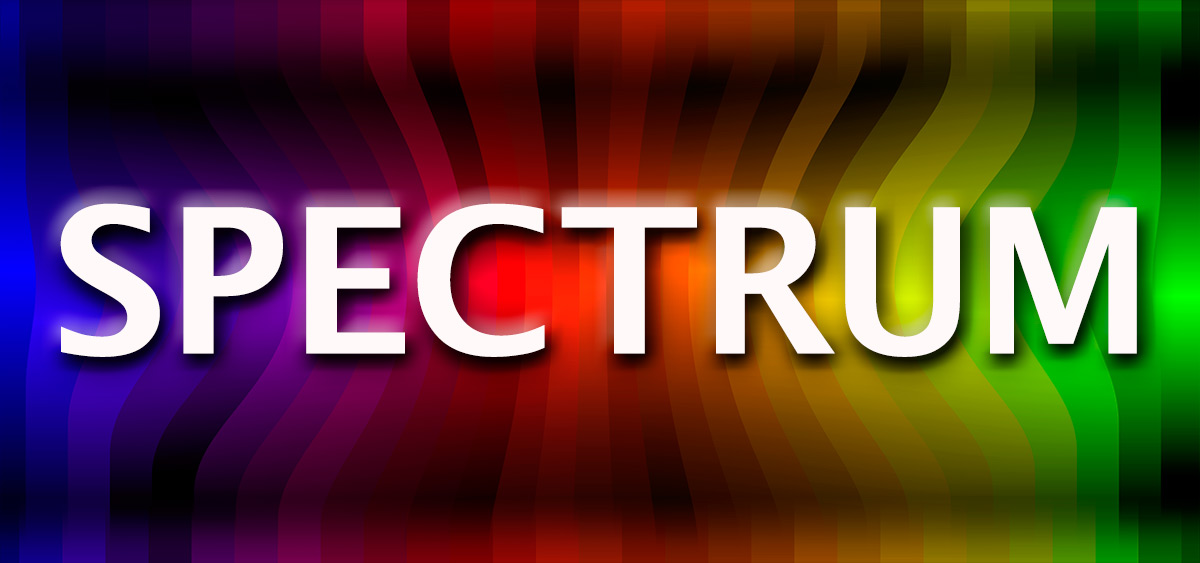Communiqué

What Does It Mean to be a “Progressive” in Today’s Political Landscape?
< < Back to mean-progressive-todays-political-landscapeThe term “liberal” seems to be fading from the political lexicon. Instead, daily, we, as voters, are bombarded with the term “progressive.”
We constantly hear of progressive versus mainstream candidates. It was really apparent in the 2016 primary with Sen. Bernie Sanders challenging Hillary Clinton.
But “progressivism” also has seemed to invade state elections and grassroots politics.
For example, in Ohio’s Democratic Gubernatorial Primary, political rebel Dennis Kucinich is calling himself a progressive against more mainstream candidates. The state has become a microcosm of the fight between progressives and more centrist candidates.
But, what does that term “Progressive” mean?
In this edition of Spectrum, we talk with three people who give us their perspectives on what it really means to be a “Progressive Democrat” in 2018.
We hear from Dennis Kucinich who labels himself a progressive after a long and controversial life in politics. He was a young mayor of Cleveland, a U.S. Congressman, and ran for President twice in 2004 and 2008. He also, however, has served as a commentator and analyst on the conservative Fox News network.
We also hear from Dr. Susan Burgess, a professor of Political Science at Ohio University. A portion of her research has been in the evolution of political movements. She gives us some historical perspective.
And, finally we chat with Kyle Kondik, managing editor of Sabato’s Crystal Ball, at the University of Virginia and author of The Bellwether – a book about Ohio’s critical Presidential voting history and its influence on Presidential politics.

